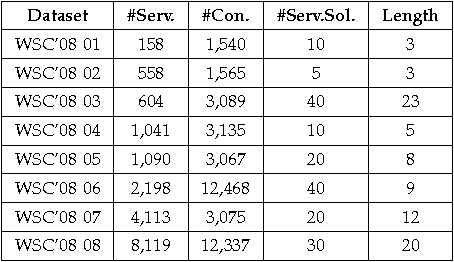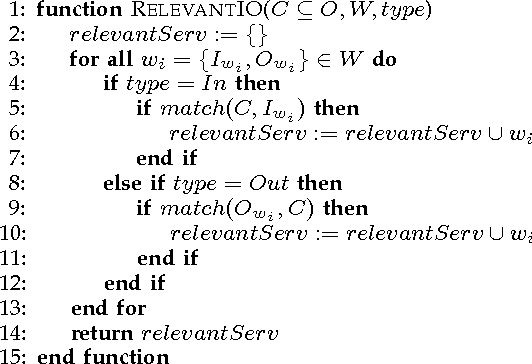Carlos Pedrinaci
Leveraging Textual Features for Best Answer Prediction in Community-based Question Answering
Jun 17, 2015


Abstract:This paper addresses the problem of determining the best answer in Community-based Question Answering (CQA) websites by focussing on the content. In particular, we present a system, ACQUA [http://acqua.kmi.open.ac.uk], that can be installed onto the majority of browsers as a plugin. The service offers a seamless and accurate prediction of the answer to be accepted. Previous research on this topic relies on the exploitation of community feedback on the answers, which involves rating of either users (e.g., reputation) or answers (e.g. scores manually assigned to answers). We propose a new technique that leverages the content/textual features of answers in a novel way. Our approach delivers better results than related linguistics-based solutions and manages to match rating-based approaches. More specifically, the gain in performance is achieved by rendering the values of these features into a discretised form. We also show how our technique manages to deliver equally good results in real-time settings, as opposed to having to rely on information not always readily available, such as user ratings and answer scores. We ran an evaluation on 21 StackExchange websites covering around 4 million questions and more than 8 million answers. We obtain 84% average precision and 70% recall, which shows that our technique is robust, effective, and widely applicable.
An Integrated Semantic Web Service Discovery and Composition Framework
Feb 10, 2015



Abstract:In this paper we present a theoretical analysis of graph-based service composition in terms of its dependency with service discovery. Driven by this analysis we define a composition framework by means of integration with fine-grained I/O service discovery that enables the generation of a graph-based composition which contains the set of services that are semantically relevant for an input-output request. The proposed framework also includes an optimal composition search algorithm to extract the best composition from the graph minimising the length and the number of services, and different graph optimisations to improve the scalability of the system. A practical implementation used for the empirical analysis is also provided. This analysis proves the scalability and flexibility of our proposal and provides insights on how integrated composition systems can be designed in order to achieve good performance in real scenarios for the Web.
 Add to Chrome
Add to Chrome Add to Firefox
Add to Firefox Add to Edge
Add to Edge